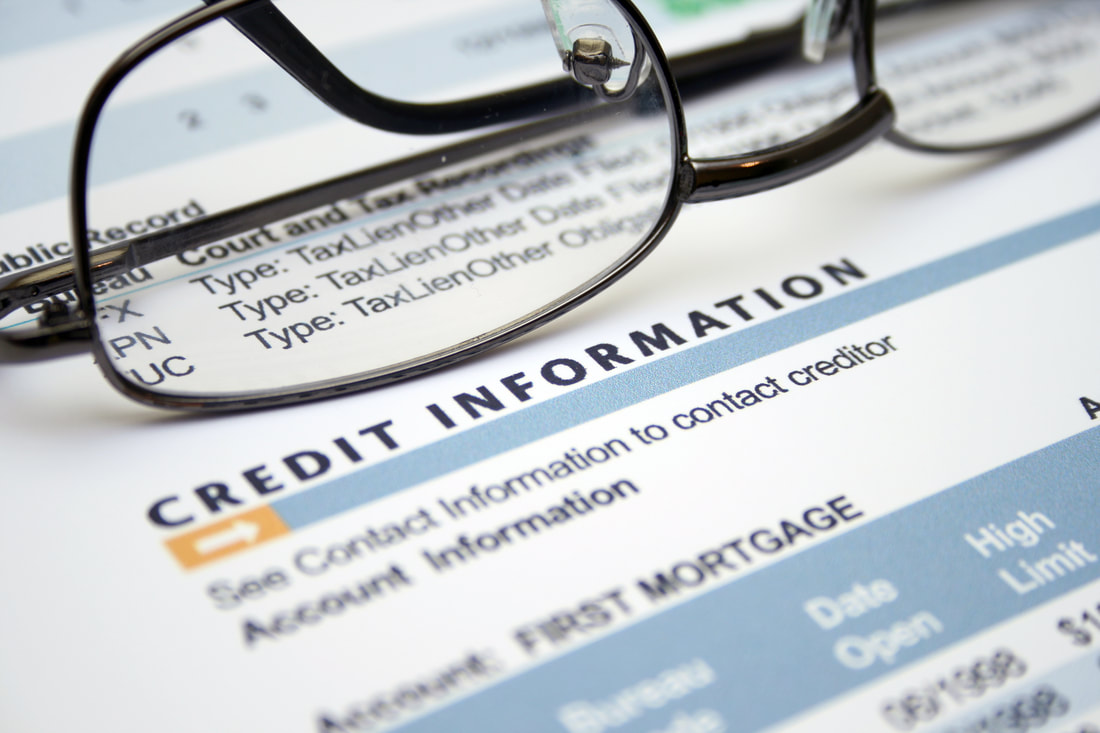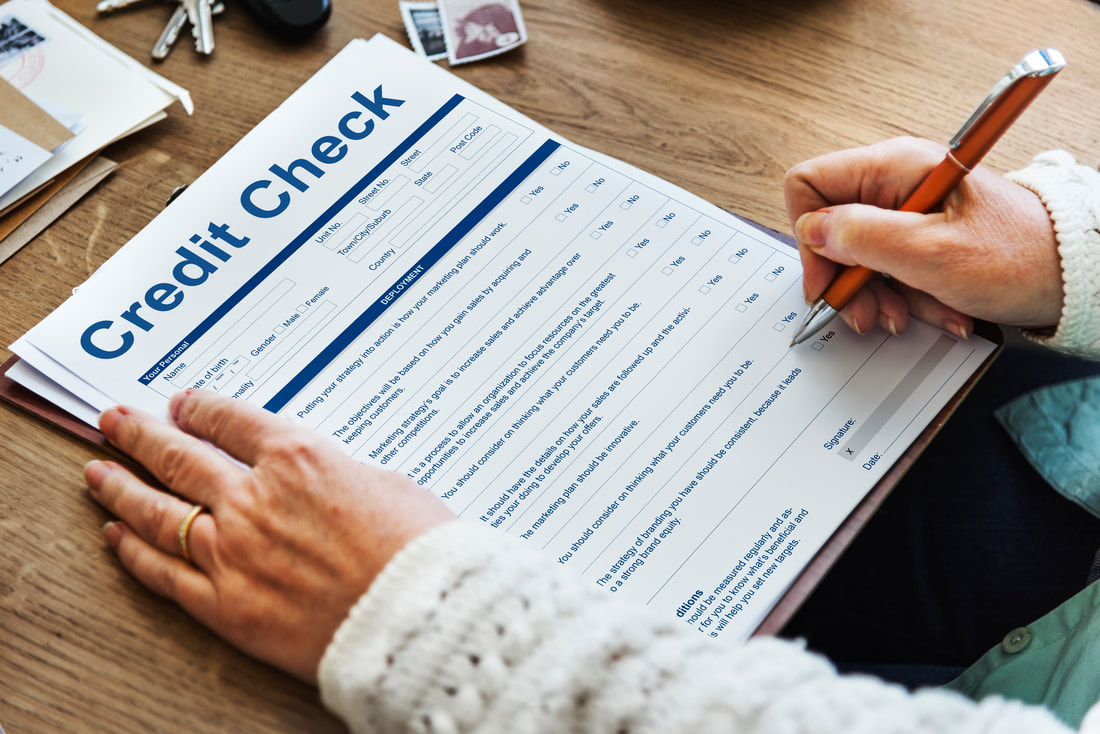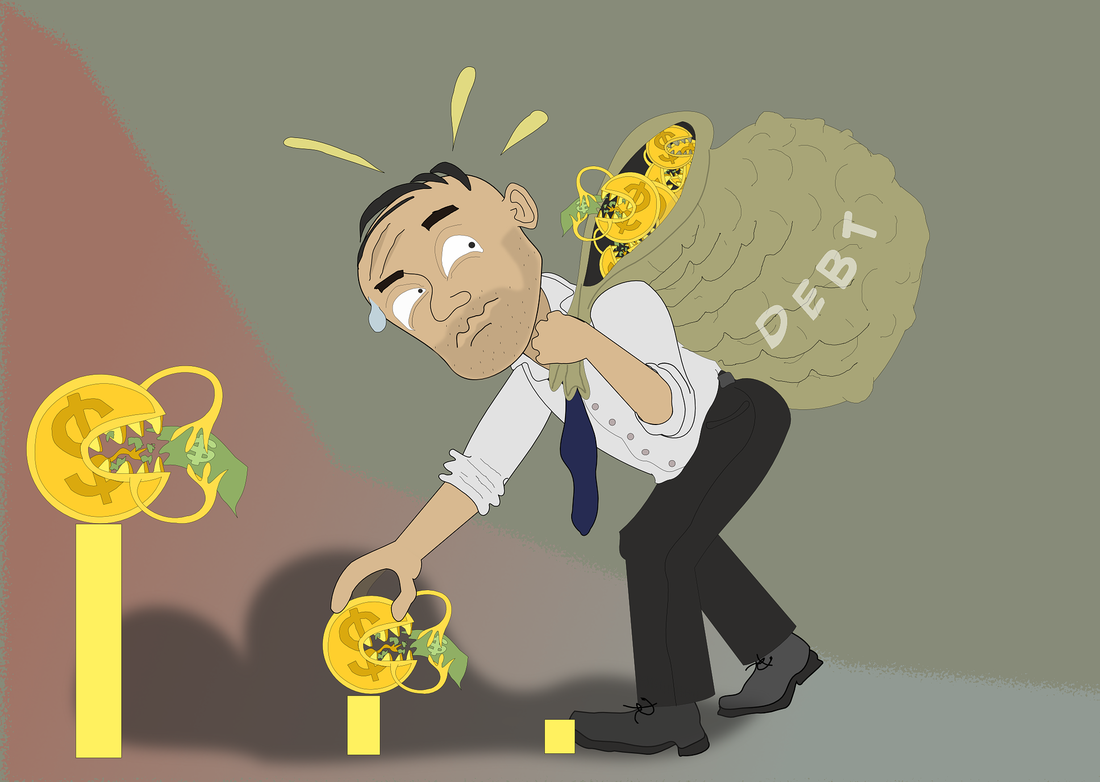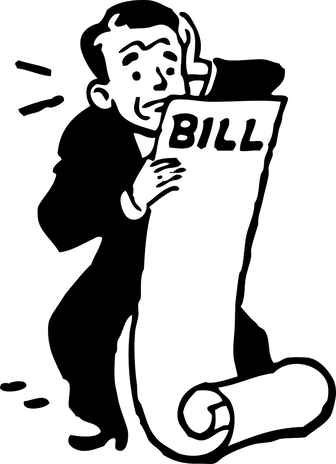Checking your credit reports is easy. You can request a copy of your report from any credit reporting agency and they must provide it to you. When you request your credit report, consumer reporting companies will need to make sure you are who you say you are. Be ready to provide personal information.
Most companies allow one free report per year, but policies have changed due to COVID and you may be able to get more than one free report a year. Contact the consumer report provider and ask about their policies.
Mistakes are easily made, but a mistake on your credit report could cost you a job or cause you to be turned down for a loan or insurance. This is why it is a good idea to check your report if you will be applying for a loan in the future. A good report can help you get the loan and a lower interest rate. If someone has stolen your identity, you may realize it sooner if you are checking your reports often.
Consumer reporting companies can provide information about you to insurance companies, utility companies, gaming casinos that extend credit, landlords, lenders, and retail stores, just to name a few. Remember, you rarely know in advance that a business is going to be checking your credit report so you want it to be free of errors at all times.
- Employment Screening – these companies provide information such as salary, education, professional license verification, and credit history to your employers and other people.
- Tenant Screening – these businesses provide reports to landlords and property management companies. If the information they have is negative, such as past due rent, you may not be able to sign a lease.
- Personal Property Insurance – these companies collect information on your home, personal property and vehicle.
- Medical – if you signed a release of information to an insurance company, these businesses may have your medical information to share.
- Bank and Check Screening – these agencies collect information about your checking account applications, accounts you have opened or close and provide check verification services.
- Supplementary Reports – the information they have can include public records, such as a divorce, and identification verification to help businesses manage fraud and credit risks.
- Subprime and low-income – these businesses provide information to companies that sell products and services that are for people with low income or negative credit reports.
- Gaming – these companies share information associated with check cashing settlement services to help gaming establishments (casinos or racetracks) with risk management.
- Utilities – these consumer reporting companies gather all of the information in regards to all of your utilities, such as electric, phone, internet, gas, and others to help utility companies manage customer relations.
- Retail – these businesses collect data related to retail product returns and exchanges to help prevent fraud.






 RSS Feed
RSS Feed